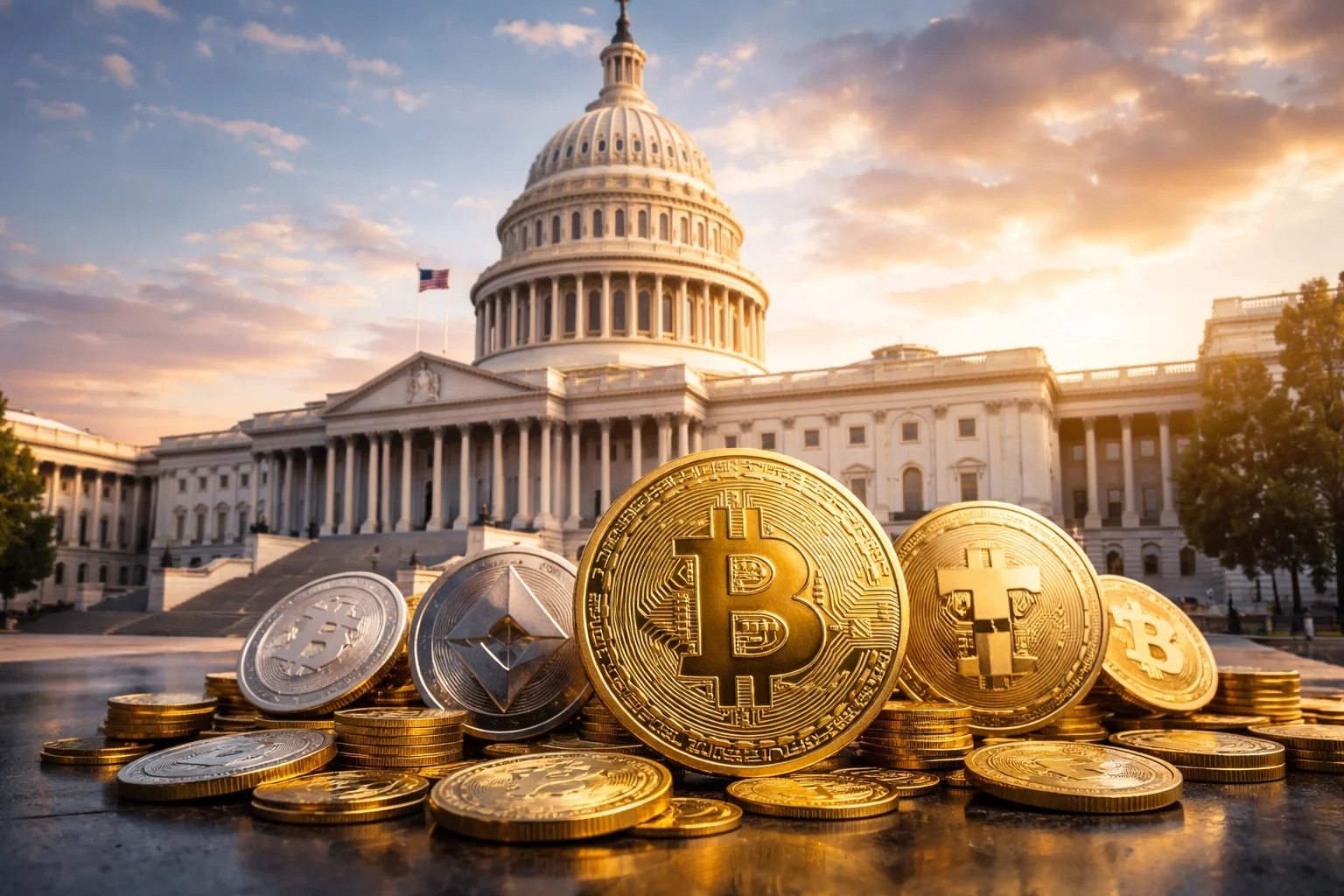Digital assets are steadily carving out a more prominent place within the global financial system—and the latest spotlight is on the northeastern U.S. state of New Hampshire. In a historic move, the state’s House of Representatives has approved a groundbreaking bill that would allow public funds to be invested in Bitcoin and precious metals. Known as HB302, the bill passed on April 10, 2025, with 192 votes in favor. All eyes are now on its fate in the state Senate.
Bitcoin in Public Funds: A First in the Making
If HB302 passes the Senate and receives the governor’s signature, New Hampshire could become one of the first U.S. states to officially recognize Bitcoin as a strategic reserve asset. This isn’t just a symbolic gesture—it’s a powerful indication that digital assets are gaining legitimacy in the realm of public finance.
The bill allows up to 5% of the state’s general fund to be allocated toward “qualified assets,” a category that includes traditional commodities like gold and silver, as well as digital assets with a market capitalization exceeding $500 billion. At present, Bitcoin is the only digital asset that meets this threshold.
What Does It Mean?
New Hampshire’s annual budget stands at approximately $3.6 billion. Should the bill be enacted, up to $181 million in public funds could be directed toward Bitcoin and precious metals. Based on current prices, this amount could translate to a potential acquisition of around 2,269 BTC—a striking figure for a government institution.
Other U.S. States Are Moving Too
New Hampshire’s initiative is part of a broader national trend as more U.S. states begin to explore digital assets as part of their fiscal strategies. Here’s a snapshot of what other states are doing:
- Texas has already passed a Senate bill allowing public fund investments in Bitcoin.
- Florida has introduced similar legislation in its state House.
- Arizona is considering allocating up to 10% of its funds to Bitcoin.
- Oklahoma is drafting a strategic reserve bill.
- Minnesota and Kentucky are working on proposals that include investment permissions and tax incentives.
- Maryland is exploring a plan to build Bitcoin reserves using gaming revenue.
These developments suggest that digital assets are no longer just tools for individuals or private companies—they're becoming recognized as legitimate instruments for public financial management.
A New Era for Government Finance?
New Hampshire’s move could signal a major shift in how governments manage their finances. As states look to diversify portfolios, hedge against inflation, and enhance economic resilience, Bitcoin and other digital assets are emerging as viable options.
Whether this will inspire similar moves from other U.S. states—or even from governments abroad—remains to be seen. But one thing is clear: Bitcoin is no longer confined to the private sector. It’s officially on the public policy agenda.
Are We on the Brink of a New Financial Era?
What’s unfolding in New Hampshire reflects a broader trend: cryptocurrencies are moving beyond the realm of experimentation and into the domain of policymaking. If this process moves forward smoothly, it may only be the beginning.
Governments are starting to recognize and embrace the opportunities brought by the digital age. As digital assets become more embedded in financial governance, we may be witnessing the dawn of a new era in public finance.




